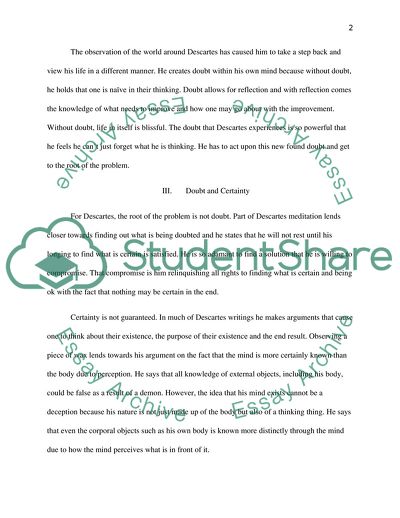Cite this document
(Descartes' Wax Argument Literature review Example | Topics and Well Written Essays - 1500 words, n.d.)
Descartes' Wax Argument Literature review Example | Topics and Well Written Essays - 1500 words. https://studentshare.org/philosophy/1765868-descartes-a-piece-of-wax
Descartes' Wax Argument Literature review Example | Topics and Well Written Essays - 1500 words. https://studentshare.org/philosophy/1765868-descartes-a-piece-of-wax
(Descartes' Wax Argument Literature Review Example | Topics and Well Written Essays - 1500 Words)
Descartes' Wax Argument Literature Review Example | Topics and Well Written Essays - 1500 Words. https://studentshare.org/philosophy/1765868-descartes-a-piece-of-wax.
Descartes' Wax Argument Literature Review Example | Topics and Well Written Essays - 1500 Words. https://studentshare.org/philosophy/1765868-descartes-a-piece-of-wax.
“Descartes' Wax Argument Literature Review Example | Topics and Well Written Essays - 1500 Words”. https://studentshare.org/philosophy/1765868-descartes-a-piece-of-wax.


